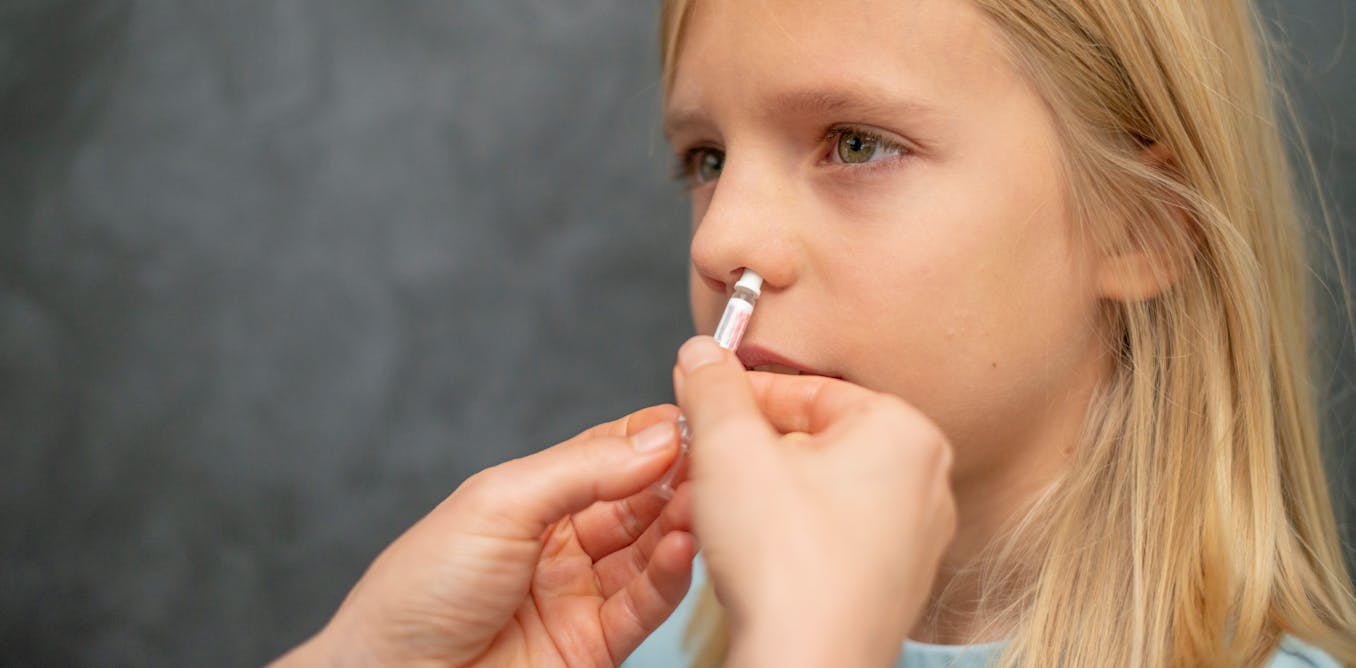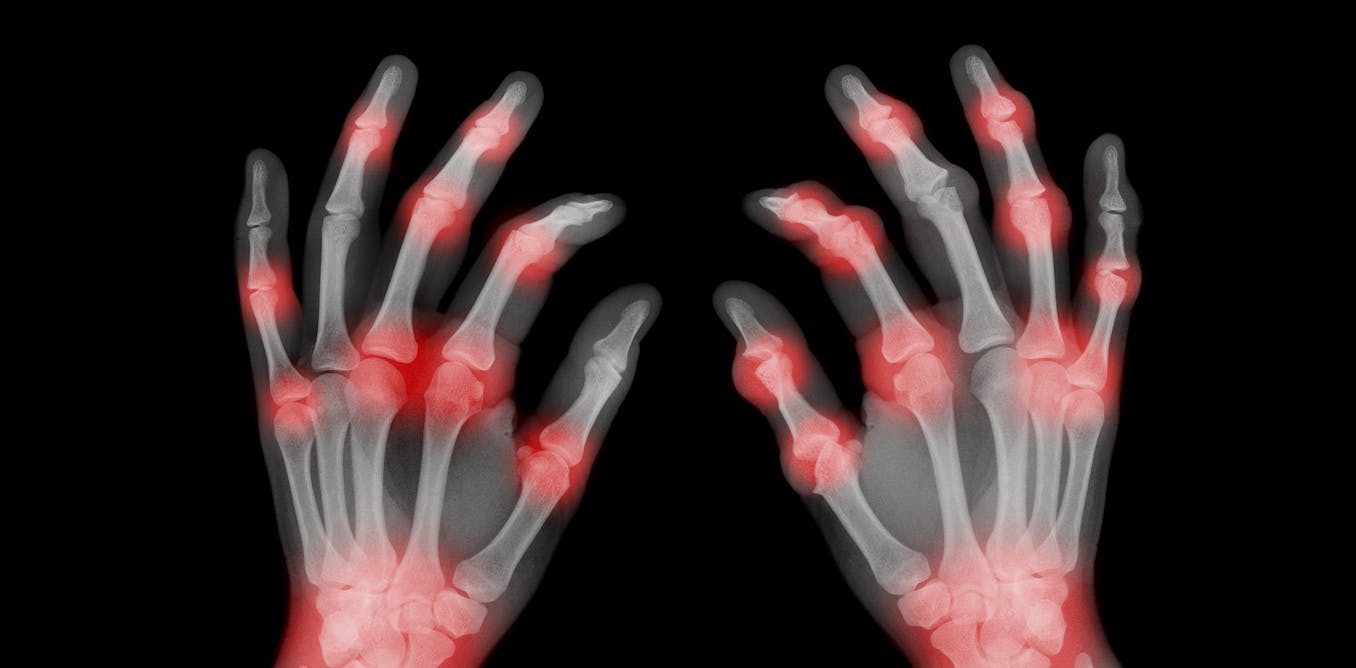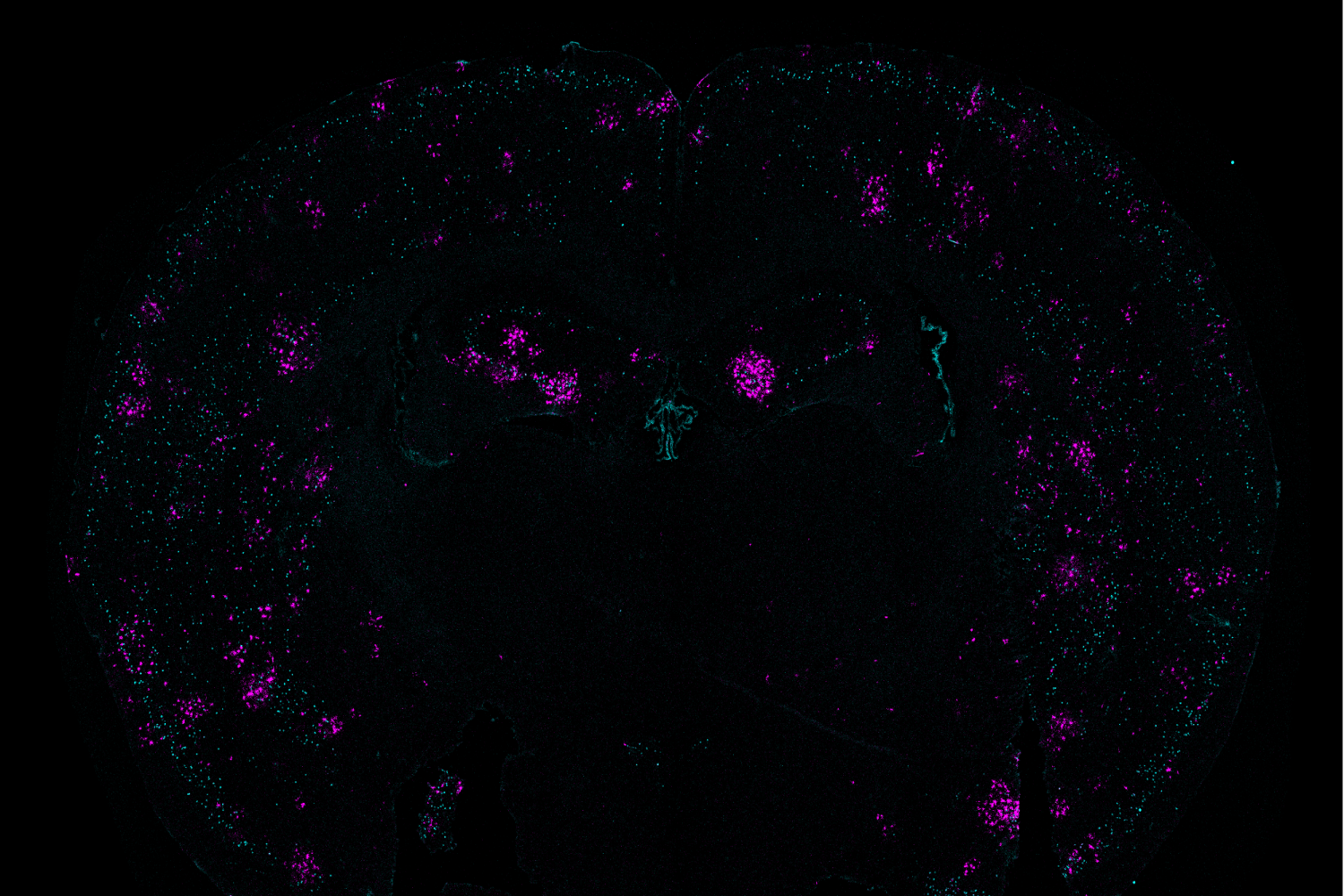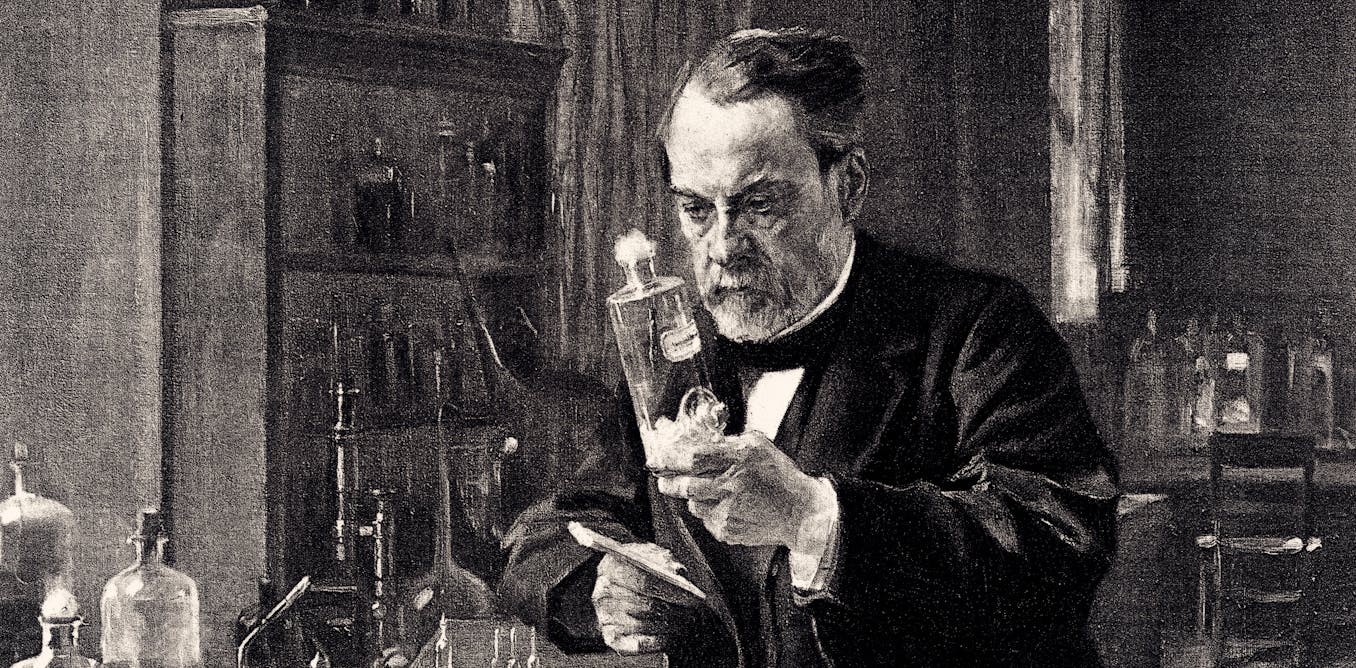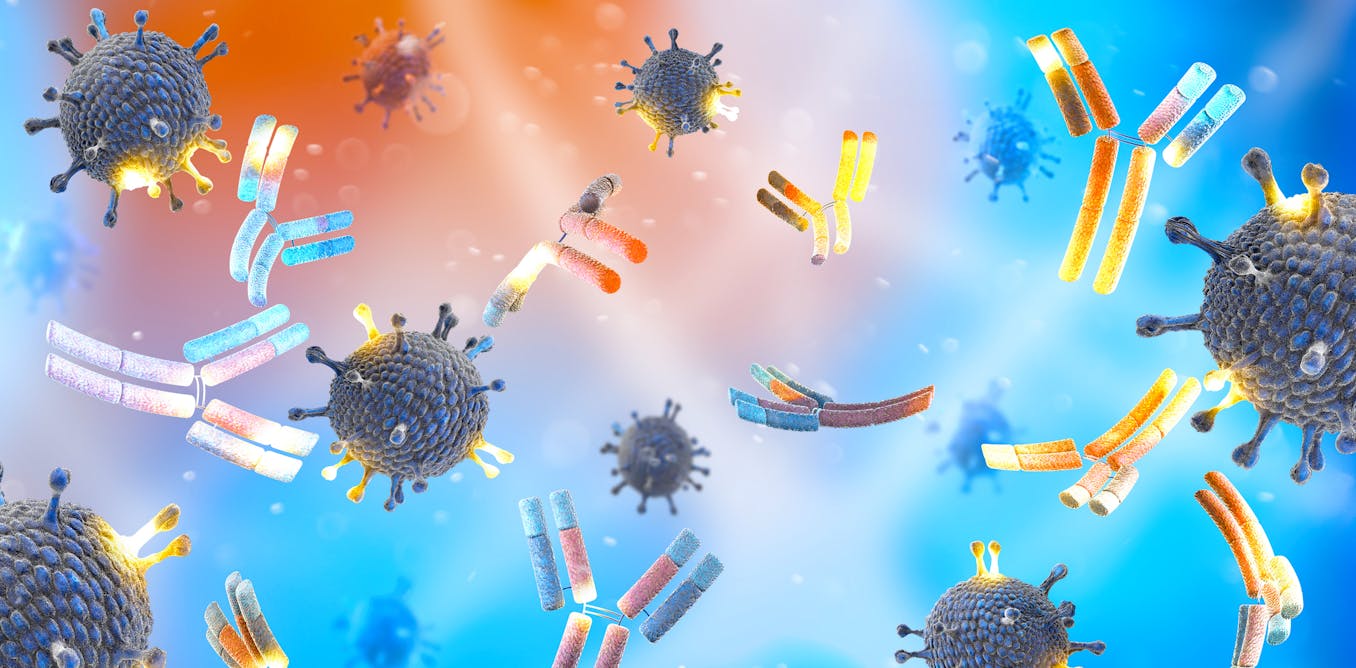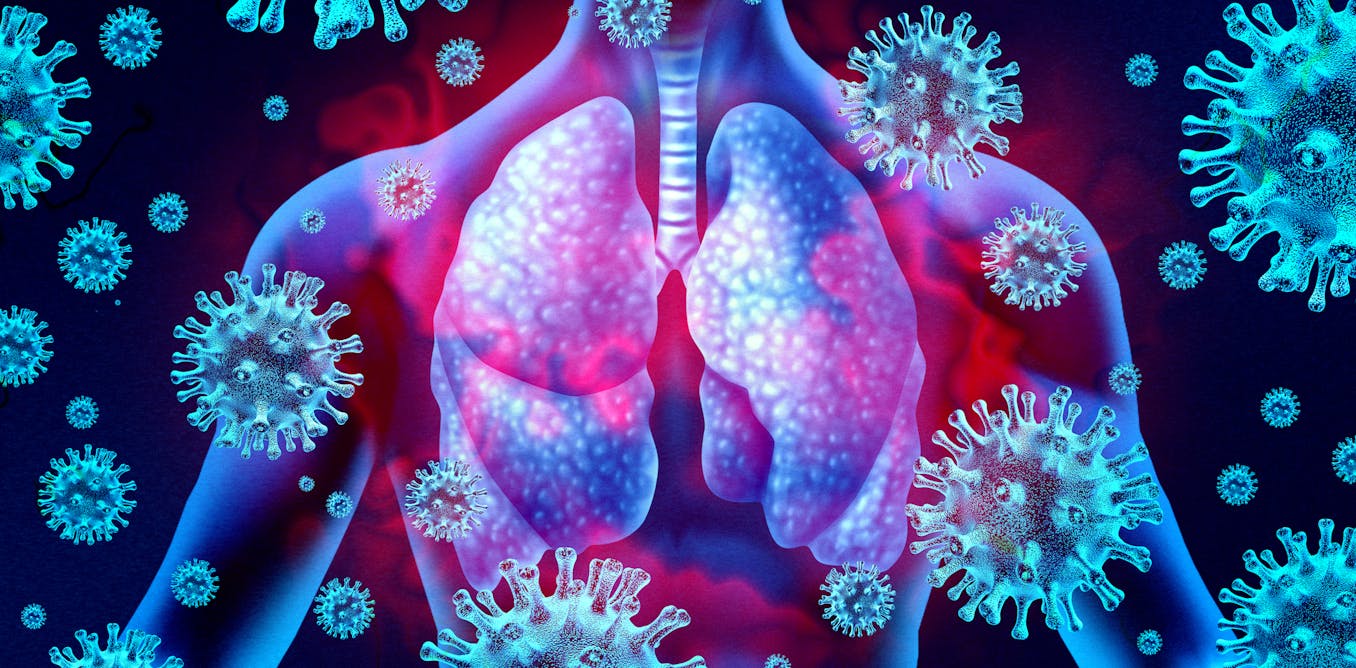Nasal vaccines promise to stop the COVID-19 virus before it gets to the lungs – an immunologist explains how they work
An effective nasal vaccine could stop the virus that causes COVID-19 right at its point of entry. But devising one that works has been a challenge for researchers.
Dec. 14, 2022 • ~9 min

